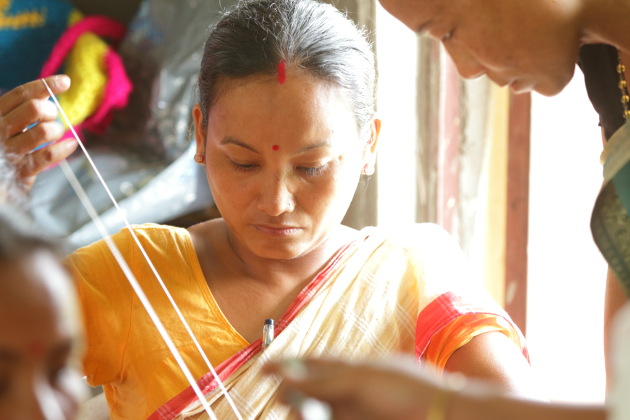Sibsagar: An Ode to Assam’s Glorious Past

Far in the forests of the Brahmaputra river basin exists a land that was once a powerhouse of a kingdom. Known as the Ahom kingdom, this Assamese kingdom evaded all kinds of attacks (Mughal, Burmese and mainland India) for six centuries till they finally fell to the Burmese in the early part of the 19th century and then later annexed by the British. Somehow, Asia’s first amphitheatre (Rang Ghar), a couple of palaces (Talatal Ghar, Kareng Ghar) and some other traditionally designed Ahom buildings have surprisingly stood the vagaries of time. The best part about these buildings is its architecture, which has very minimal influence from the rest of India.

Today, this land is surrounded by lush forests, tea gardens, lots of agricultural tract and scenic tributaries of the mighty Brahmaputra river. And located right in the middle of this gorgeous nature is a town called Sibsagar, which literally means ‘the ocean of Lord Shiva’ and which is known for its large water tanks. This town of Sibsagar, which was formerly known as Rangpur, was the capital of the Ahom kingdom from 1699 to 1788. Today, it is an ode to Assam’s glorious past and has in its home striking marvels from the rich Ahom era. And jot just that, it is home to four amazing 18th century temples – Shiva Dol, Vishnu Dol, Devi Dol and Ghanashyam Dol that add a religious and spiritual fervor to this town.

As a visitor, this erstwhile capital of the Ahom kingdom offers everything from rich history, stunning ancient monuments, scenic nature walks, great Assamese food, colorful street market action and a peaceful temple experience. My personal recommendations are an early morning or late evening walk around the Sibsagar water tank, a visit to the temples during Aarti time, explore the Rangh Ghar inverted boat amphitheatre and the Talatall Ghar at around sunset time and a walk in the markets post sunset.

A day trip from either Dibrugarh or Kaziranga National Park is definitely recommended. If you have time, you can also spend a relaxed couple of days here too. Either ways, don’t miss out on exploring some of Assam’s glorious past!
How to get here:

The nearest airport is Dibrugarh, though the one at Guwahati has more options and hence better connectivity. The nearest train station is Simalguri, about 16 kms away. Trains heading towards Dibrugarh and Tinsukia usually stop here. Road connectivity is decent and one can take public buses or hire cabs to reach here from Shillong, Guwahati, Kaziranga or Dibrugarh.
Where to stay:
Most of the hotel properties are located in and around the market area opposite the Shiva Dol temple. I stayed at the Hotel Piccolo and it was a comfortable mid-market hotel that offered a convenient base to explore all the sights and attractions of this city.
Other Nearby Attractions:

There are a whole bunch of things to see and do in this region:
1) Kaziranga Tiger Reserve, which is a great getaway for a rich wildlife experience
2) Majuli island, for those interested in a unique cultural experience on a river island
3) Dibrugarh, in case you are interested in a relaxed tea holiday
4) Hoolongopar Gibbon Sanctuary, for those who are interested in seeing India’s only ape
5) Pani Dihing Wildlife Sanctuary, for those interested in a rich birdwatching experience










































